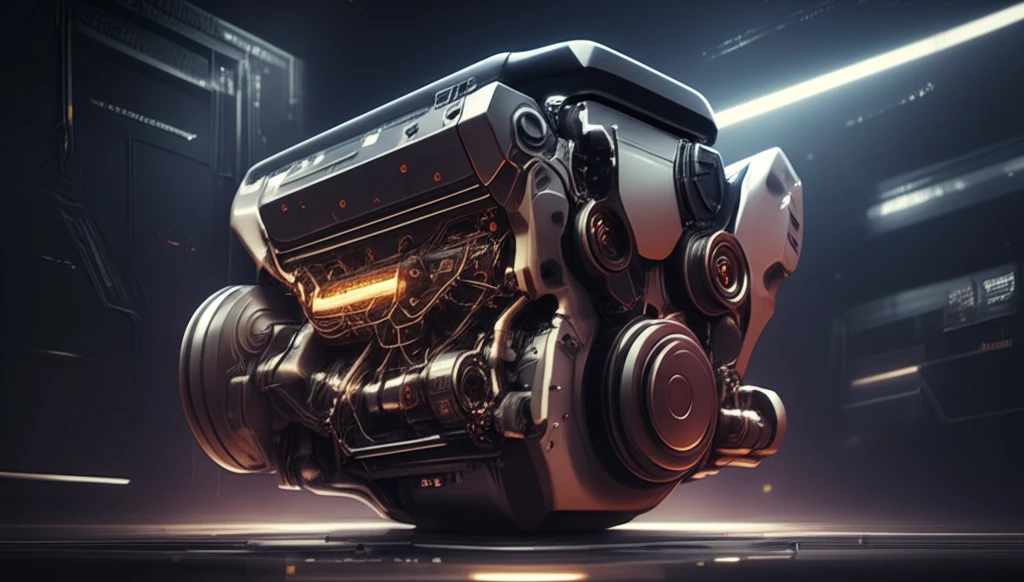
Revolutionizing Diesel Engines: Can AI Error Correction Outperform Traditional Methods?
"Explore how feedback error learning with kernel online learning approaches are pioneering combustion control for cleaner, more efficient diesel engines."
In an era increasingly focused on sustainable energy solutions, the diesel engine, a long-standing workhorse of industry and transportation, faces mounting pressure to enhance its efficiency and minimize its environmental footprint. Traditional diesel engines, while robust and reliable, are known for producing higher levels of pollutants, including particulate matter and nitrogen oxides, contributing to air quality concerns and stricter emissions regulations.
As global standards for emissions become more stringent, automotive engineers and researchers are relentlessly pursuing innovative methods to refine the combustion process within diesel engines. These efforts range from optimizing fuel injection systems and exhaust gas recirculation (EGR) to exploring advanced control algorithms that can dynamically adjust engine parameters in real-time. Among these cutting-edge approaches, the application of artificial intelligence (AI) and machine learning techniques is emerging as a promising frontier.
This article delves into the application of a sophisticated AI-driven control system known as feedback error learning (FEL) combined with kernel online learning. This method represents a significant leap forward in combustion control, offering the potential to mitigate common issues such as incomplete combustion and performance variability. By adaptively learning from errors and optimizing engine parameters on the fly, these advanced systems promise to unlock new levels of efficiency and cleanliness in diesel engine technology.
What is Feedback Error Learning (FEL) and How Does It Improve Combustion?

Feedback Error Learning (FEL) is an advanced control strategy inspired by the way living organisms, like humans, learn motor skills. Imagine learning to ride a bicycle: initially, you make many errors, but over time, your brain adapts, refining muscle movements to achieve a smooth, balanced ride. FEL works similarly, using real-time feedback to correct deviations from a desired engine performance. This is particularly useful in complex systems like diesel engines, where numerous variables influence the combustion process.
- Adaptive Learning: FEL systems learn from each combustion cycle, refining their control strategies to optimize performance under varying conditions.
- Real-Time Correction: FEL can make adjustments on-the-fly, counteracting disturbances and maintaining stable, efficient combustion.
- Model-Free Approach: Unlike model-based controllers, FEL does not require a detailed mathematical model of the engine, making it easier to implement and adapt to different engine designs.
The Future of Diesel Engine Technology: AI-Powered Efficiency
The integration of AI-driven control systems like FEL represents a significant step towards cleaner, more efficient diesel engines. As AI technology continues to advance, we can expect even more sophisticated combustion control strategies that further reduce emissions and improve fuel economy. These innovations are not just about meeting regulatory standards; they are about creating a sustainable future for diesel engine technology, ensuring its continued relevance in a world striving for environmental responsibility.
